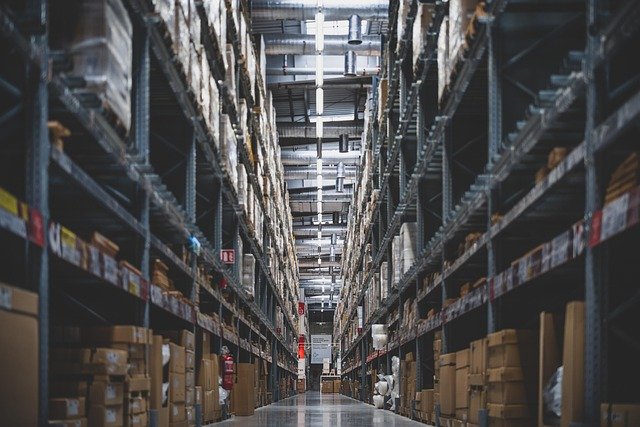Compliance and local regulations to address when expanding internationally
Expanding an automated retail kiosk operation across borders requires careful attention to differing regulations. This article outlines key compliance areas — from payments and inventory to maintenance, logistics, and sustainability — to help operators plan scalable, legally sound international growth.

Expanding an automated retail kiosk network internationally brings operational opportunity along with complex legal requirements. Regulatory expectations differ by country and sometimes by city, touching licensing, product safety, consumer protection, local taxes, and data privacy. Operators should prepare a compliance checklist tied to each new market and coordinate with local services for licensing, inspections, and any product approvals. Early legal review helps align kiosk hardware, software, and business models — including payments and analytics — to local rules, reducing delays and protecting profitability as you scale.
What automated retail rules apply?
Different jurisdictions treat automated retail and kiosks under varied rules. Some classify them as retail outlets requiring a business license; others treat them like vending devices with separate registration. Rules can cover machine labeling, display of operator contact information, safety certifications for electrical equipment, and requirements for multilingual instructions. If products include regulated items such as alcohol, tobacco, or pharmaceuticals, expect age-verification and restricted-location rules. Work with local services to determine whether your automated system needs certification, inspection, or a distinct retail permit before deployment.
How do payments and tax rules vary?
Payments systems for kiosks must comply with local financial regulations and card-network rules. Countries differ on requirements for encrypted point-of-sale devices, PCI compliance, and whether cashless or contactless payments are permitted. Tax treatment also varies: some markets impose sales tax/VAT on each item at the point of sale, others require periodic reporting or distinct invoicing rules for automated retail. Understand withholding taxes for cross-border revenue, register for local VAT/GST where required, and configure payment flows and receipts to meet local invoicing and reporting standards.
What inventory and product restrictions exist?
Inventory rules can limit which products are allowed in kiosks and how they are labeled and stored. Food safety laws may dictate expiration labeling, refrigeration requirements, and sanitary maintenance schedules. Many jurisdictions restrict the sale of regulated goods (e.g., alcohol, nicotine, medications) from unattended kiosks, or require age verification systems before sale. Packaging and allergen labeling standards can differ widely; noncompliant labels can lead to fines or product recalls. Build inventory controls and supplier verifications into operations to ensure each product batch meets local requirements.
How to manage locations, logistics, and maintenance?
Choosing compliant locations involves zoning checks and property approvals; some municipalities restrict unattended kiosks in public spaces or require specific permits for sidewalks or plazas. Logistics for restocking and asset movement must respect customs and import rules for hardware, spare parts, and consumables. Maintenance contracts and on-site service need to specify who performs electrical or refrigeration work in each country and whether technicians require local certification. Plan local logistics partners for spare parts, schedule regular maintenance to meet safety regulations, and keep documentation of inspections to demonstrate compliance.
How to use analytics for operations and profitability?
Analytics can support regulatory compliance and operational efficiency by tracking inventory turnover, sales patterns, and machine health. Use anonymized, compliant data collection practices to respect local privacy laws; many jurisdictions require disclosures when collecting personal data for loyalty or payment services. Analytics can also record temperature logs for perishable goods, proof of maintenance events, and transaction records needed for tax audits. Structuring data systems to retain required records for the legally mandated period protects operations and supports profitability forecasting as you scale into multiple locations.
What marketing, sustainability, and scaling considerations?
Marketing in new markets must comply with advertising rules, including restrictions on targeted promotions for regulated products. Sustainability regulations may require packaging reductions, recycling programs, or energy-efficiency standards for kiosks. As you scale, consider local recycling and waste-handling obligations for packaging and expired inventory. Contract terms with local partners should define responsibilities for environmental compliance and outline how branding, promotions, and customer communications will adhere to local rules. Anticipating these elements supports longer-term profitability and reputational resilience.
Expanding internationally with an automated retail kiosk model demands structured due diligence across compliance, payments, inventory, logistics, maintenance, and analytics. Engaging local counsel, using certified hardware and payment systems, and documenting processes will reduce regulatory friction. Careful planning around locations, marketing restrictions, and sustainability obligations helps create repeatable, compliant operations as you scale without compromising profitability or customer trust.




